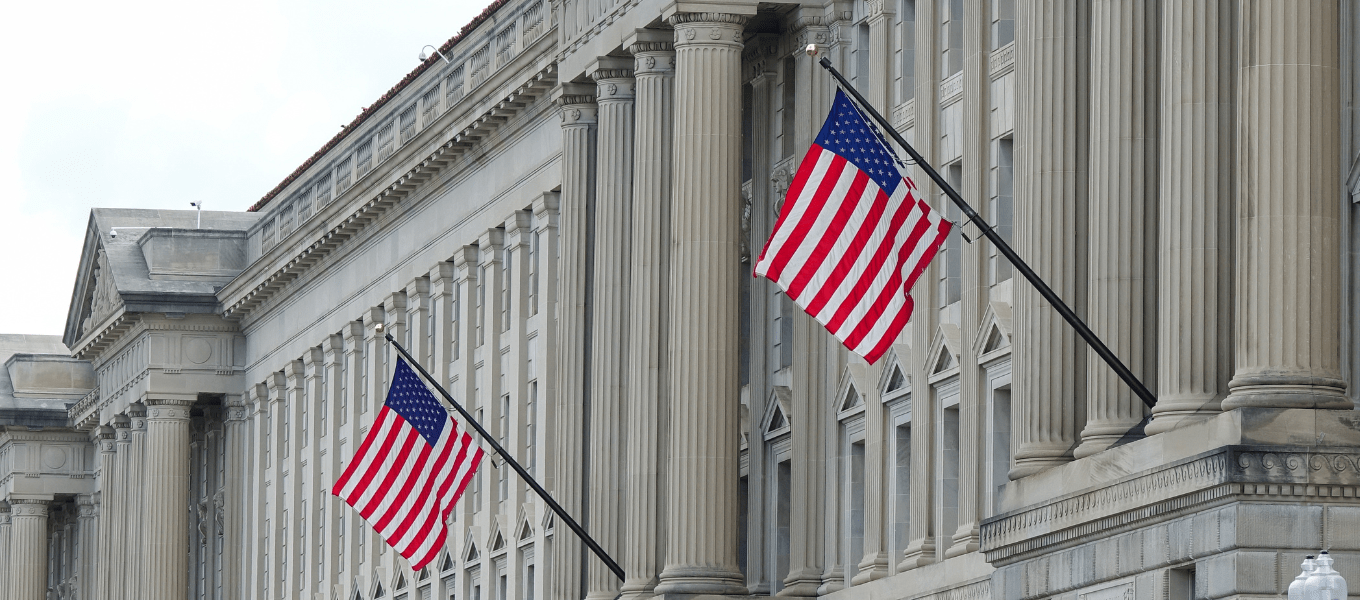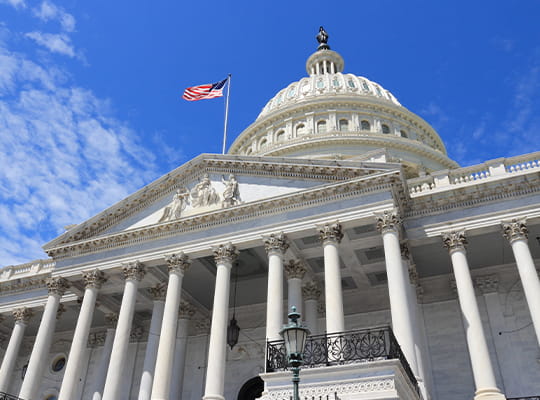
Are you prepared for the changing GovCon landscape?
Equip your resource management. Shore up new revenue sources. Lock in new contracts. Get CMMC compliant.

Benchmarking smarter growth for government contractors
Customized solutions to fit your needs
Deep industry experience
Looking for the full list of our dedicated professionals here at CohnReznick?
Contact
Let’s start a conversation about your company’s strategic goals and vision for the future.
Please fill all required fields*
Please verify your information and check to see if all require fields have been filled in.
Related services
Our solutions are tailored to each client’s strategic business drivers, technologies, corporate structure, and culture.




















